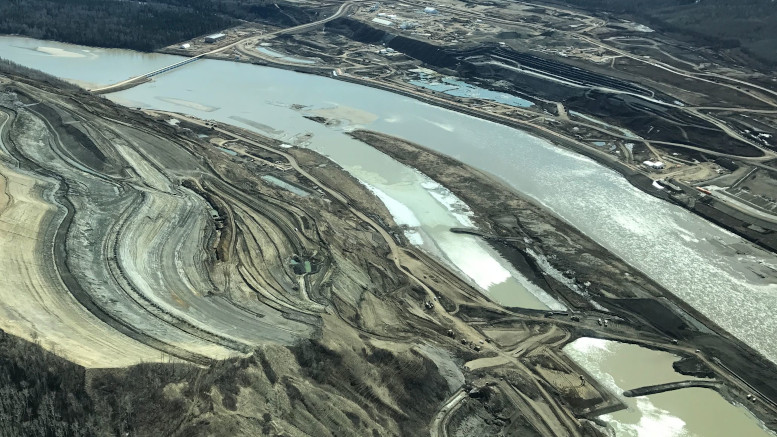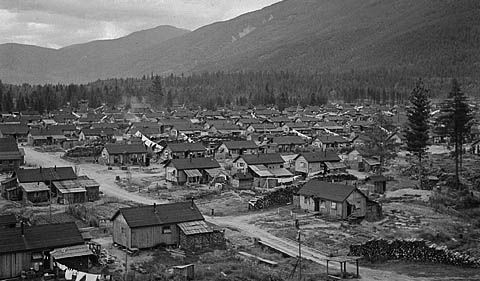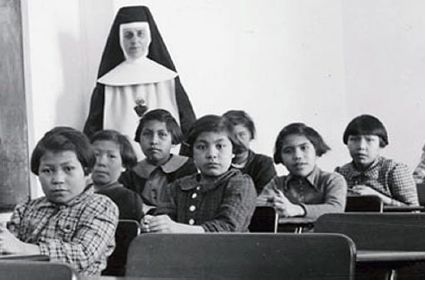The BC Liberals have a new leader — Kevin Falcon. The nearly year-long campaign for the leadership ended on February 5. After the 5th ballot Kevin Falcon took in 52 percent of the votes; however, this result was largely inevitable from the first ballot where he led decisively with 47 percent. The leadership race came after Andrew Wilkinson resigned, following the party’s worst result in decades in the 2020 election. After that defeat the Liberals issued a report critical of the party’s “perceived” lack of diversity stating that “the B.C. Liberals need to recruit, listen to and elevate British Columbians of every gender, sexual orientation, religion, ethnicity and economic background. The province has changed and so should the B.C. Liberals.”
How does Kevin Falcon reflect that need for change and diversity? Falcon is anything but a political outsider; he was first elected as a Liberal MLA in 2001, and even ran for leadership of the party in 2011, losing to Christy Clark, and he was a cabinet minister in both Gordon Campbell’s and Clark’s governments. In 2013 he left politics to work in the private sector as the vice president of the property development firm, Anthem Properties. Perhaps renewal and diversity are better represented by the membership of the party and indeed Falcon has emphasized the need to diversify party membership and claims to have registered “thousands of diverse members” over the course of his campaign. Every other candidate in the leadership race has protested this however, accusing him of signing up ineligible members who, for example, have addresses on forestry service roads, a scandal his opponents claimed would have called into question 50 to 60 percent of the members recruited during the race. An apparently “extensive” audit of 10 percent of the party membership was conducted, although there is no obligation for any results to be released publicly. It is unlikely this will pose any serious threat to Falcon’s leadership, given the size of his victory, but even as he accuses his competitors of discriminating against new members with language barriers, it calls his claims to have diversified the party membership into question.
Actions speak louder than words, it is said, and so perhaps it is in the policies and priorities of his party that he will reflect renewal and diversity? Andrew Wilkinson has announced he will vacate his seat in Vancouver-Quilchena, one of the safest for the Liberals in BC, so Falcon can run and win. After that, Falcon’s immediate priority will be to “rebrand” the party. Unlike other provincial liberal parties, the BC Liberals have no relationship to the federal Liberals, and Falcon has said he is concerned that his party will be too closely associated with Justin Trudeau. Historically the CCF and the NDP have been strong in BC, strong enough to force liberal, social credit and conservative politicians to combine in a “free-enterprise” coalition against anything resembling “socialism.” But the BC NDP has shifted to the right in recent decades, content to be a party of “reasonable management of capitalism” that attracts the support of some federal Liberal voters. This has left the BC Liberals the ideological space to shift more decisively to the right and become a more openly conservative party, supporting big business. Today the BC Liberal party is a conservative party in all but name; a rebrand under Kevin Falcon would simply remove that caveat.
Falcon has said that when he was an MLA the Liberal party got “big things done” and that they are not afraid to do so again. Big things like removing the democratic accountability of Translink, as Falcon abolished the board of elected representatives from the Metro Vancouver municipalities and replaced it with a board of appointed lawyers and businesspeople. Metro Vancouver Mayors’ Council has criticized it for being uniquely unaccountable to the people it serves.
Falcon also brought more for-profit policies in the province’s health care, introducing “Pay for Performance” funding.
He has accused the NDP of not being able to “handle big projects and get big things done.” What are the big things the BC Liberals did while Falcon was in cabinet? BC Rail was privatized, a give-away of public assets that was mired in scandal. BC Ferries decided to have three new ferries built in Germany rather than in the BC shipyards, again a scandal-ridden decision.
The BC Liberals decided to build Site C dam, perhaps the worst “big thing” decided on for years. Unfortunately, the NDP decided to continue with the project although it faces major cost overruns, is in a geologically unstable area, destroys valuable farmland and infringes on Indigenous rights.
Perhaps the “big thing” Falcon has in mind is the Coastal GasLink Pipeline. Would he have tried to speed it up by sending the RCMP into Wet’suwet’en territory sooner, more aggressively?
Given his private sector history, luxury condo developments in Vancouver or Victoria will be looking forward to profit-making opportunities and rents across the province will continue to increase, not that the NDP has posed any serious opposition to real estate speculation.
British Columbians are now given two choices: a “Liberal” party preaching “free enterprise” at a moment when it could hardly be more clear that private ownership, whether it be of rental housing or of long-term care facilities, cannot provide adequate results; and an NDP, obsessed with seeming to be neutral administrators, studiously working to appear absent from every decision it makes, whether it be letting Bonnie Henry bear the brunt of muddled public health policy, ignoring independent reviews of the Site C dam, or establishing a Rental Housing Task Force that recommends that they both “stop renovictions” and “maintain rent tied to the renter, not the unit.”
Falcon’s scandal of signing up members certainly raises concerns about the state of internal democracy in the BC Liberal party, but is there any more democracy to be found within the NDP? The only desired input from members of either party is financial. Members are signed up en masse during a leadership race to support one candidate or the other, but rank-and-file party members have no actual role or input on the policies or activities of either party.
If the working class in BC wants a party that can really reflect its diversity or seriously attempt to face the overlapping crises confronting them today, they will have to build it themselves. It will have to be a party where working-class members are expected not just to donate but meet regularly to contribute and debate ideas and policies: in short, to be actively involved in the life of the party. The membership at large would be empowered to elect not just the party figureheads, but the all the core executive positions in the party so that it remains a political rather than a bureaucratic organization run by careerists. Such a party would campaign actively for working-class demands on housing, public health, and climate change, not just inside parliament and during elections but outside, on the streets and in our communities. Only a working-class party of this kind can truly begin to address the overlapping crises that presently loom over the province. Socialist Alternative is actively involved in the struggle to build it.




